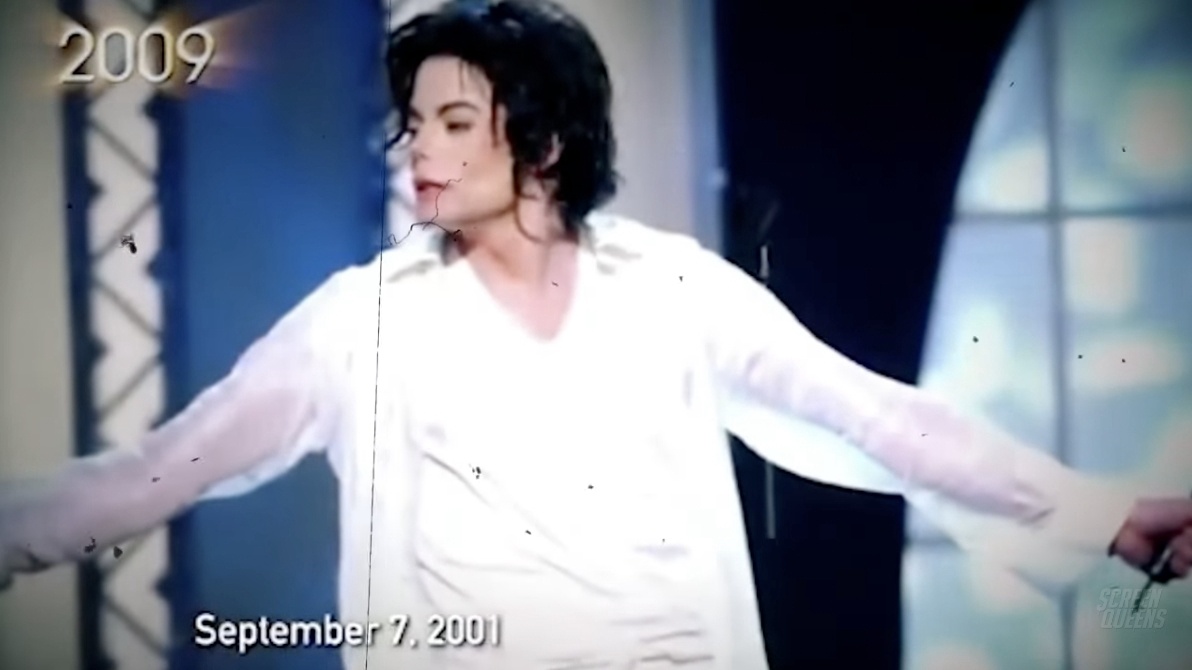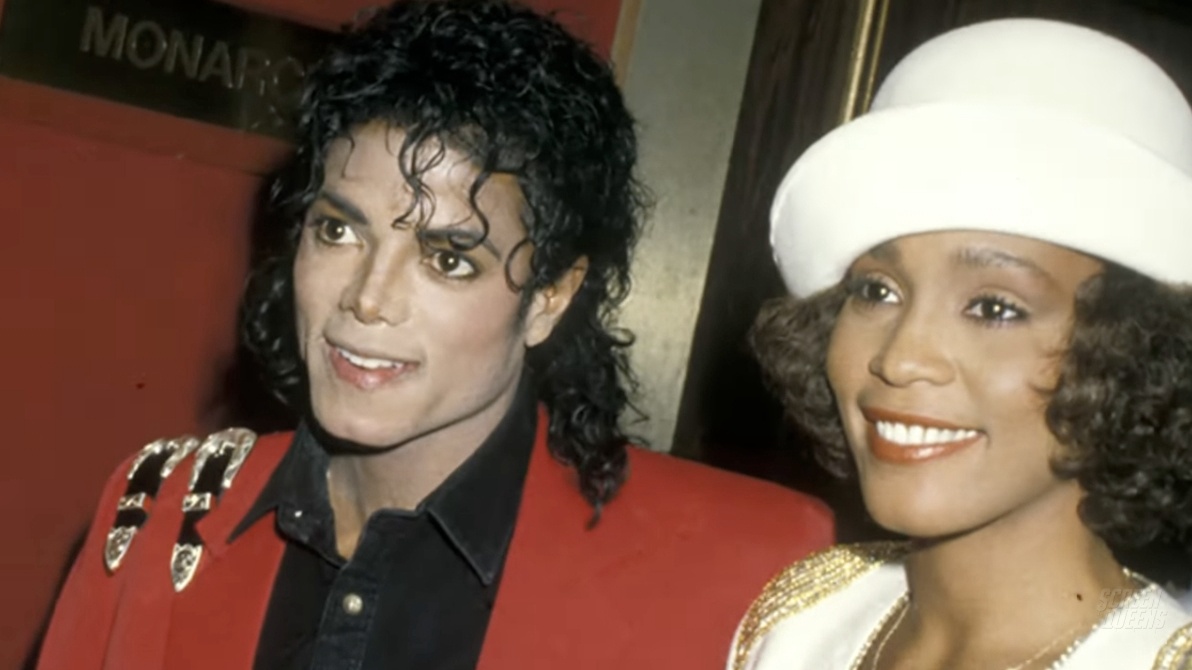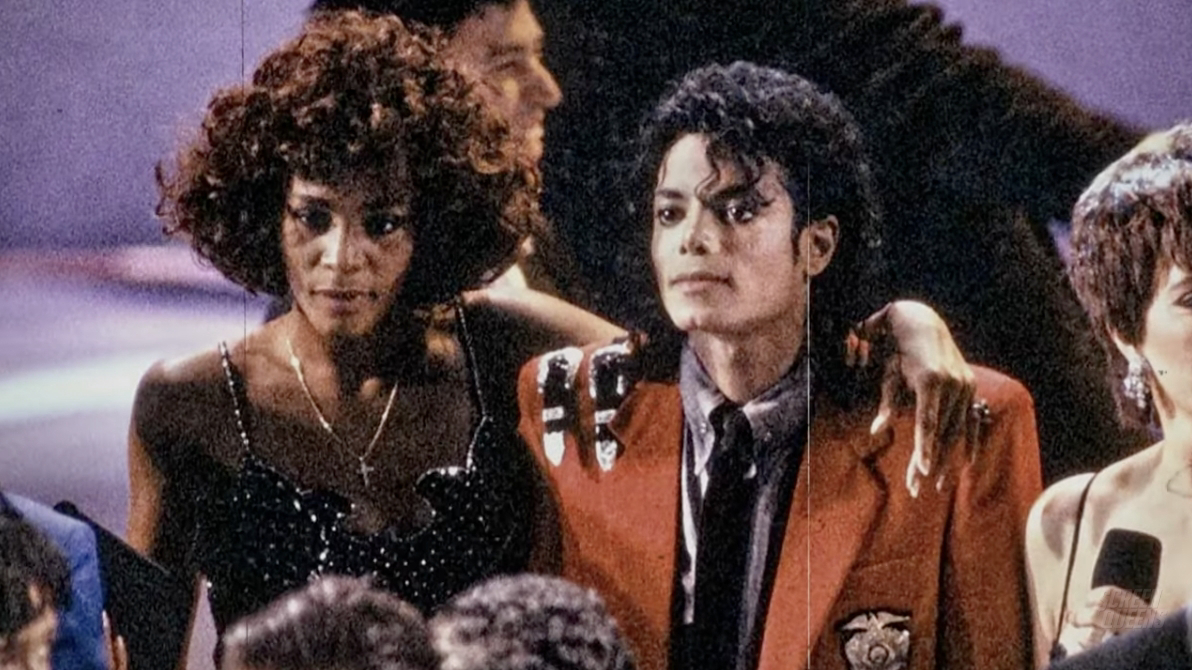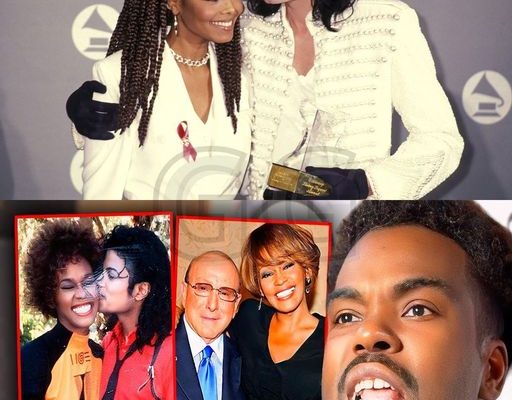In the years following the tragic losses of two of music’s most influential figures, Michael Jackson and Whitney Houston, rumors and suspicions have surfaced about the alleged control and manipulation they faced from industry powers. These claims, involving figures like Clive Davis and Sony’s top executives, raise questions about the nature of the relationships Jackson and Houston shared within the industry and whether their careers were impacted by corporate battles and personal struggles.

Tragic Losses and Suspicious Circumstances
Michael Jackson and Whitney Houston, both world-renowned for their talent, died less than three years apart. Their deaths shocked the music world, and the similarities in their struggles with record labels, paired with rumors of interference in their personal lives, have fueled ongoing speculation. Fans and industry insiders alike question whether the industry giants they worked with contributed to their untimely demise.

Rodney “Darkchild” Jerkins, a music producer and long-time collaborator, recently shed light on Michael and Whitney’s interactions and shared that Jackson had been trying to help Houston escape the influence of Clive Davis, then head of Arista Records, a subsidiary of Sony. Davis reportedly kept the two apart, concerned that Jackson’s support could encourage Houston to leave his label and pursue greater creative control.
Michael Jackson’s Battle with Sony
Jackson’s relationship with Sony, one of the world’s largest music corporations, was fraught with tension. During his career, Jackson outmaneuvered Sony by acquiring half of its catalog—a move that Sony executives reportedly did not anticipate. This business decision angered Sony’s leadership and allegedly led to attempts to sabotage Jackson’s career. His 2001 album Invincible, a highly anticipated project, was reportedly stifled by Sony executives in retaliation for Jackson’s independence and ownership rights. Jackson’s open criticism of the industry’s treatment of Black artists made him a target, adding to the friction between him and Sony.

Whitney Houston’s Final Days and The Grammy Party Controversy
Whitney Houston’s death in 2012 shocked fans worldwide. The circumstances surrounding her passing at the Beverly Hilton Hotel raised eyebrows further when Clive Davis held his annual Grammy party just hours after her body was found. Rodney Jerkins expressed disbelief at the decision to proceed with the event, calling it one of the most tragic moments he’d experienced.

Houston’s battles with addiction and her relationship with Davis have long been a focus of public scrutiny. Some speculate that Houston’s struggles were worsened by her industry challenges and alleged manipulation by those in power. Notably, Houston’s daughter, Bobbi Kristina, died under similarly tragic circumstances three years later, reinforcing suspicions about the family’s plight and the unresolved mysteries surrounding Houston’s life and career.
The Collaboration That Never Happened
Fans of both Jackson and Houston have long mourned the missed opportunity of a collaboration between these two iconic voices. They were both reportedly enthusiastic about working together, but Davis’s influence allegedly blocked this project from ever coming to fruition. Fans speculate that such a collaboration would have empowered both artists in a way that may have disrupted Davis’s control over Houston and weakened his grip on her career.
A Legacy Shrouded in Controversy
Today, many believe Jackson and Houston’s struggles and eventual deaths were the tragic results of an industry intent on maintaining control over its biggest stars. Jackson’s public battle with Sony and Houston’s dependence on Davis’s guidance are often cited as examples of how powerful industry figures can control the trajectory of an artist’s life and legacy. This legacy of industry influence over artists is a story as old as the music business itself, but the tragic losses of Jackson and Houston continue to remind fans of the high cost some artists may pay.
In the end, Jackson and Houston’s stories serve as cautionary tales of fame, control, and the struggle for creative freedom. Fans are left wondering what could have been had the two managed to join forces and free themselves from industry constraints.



